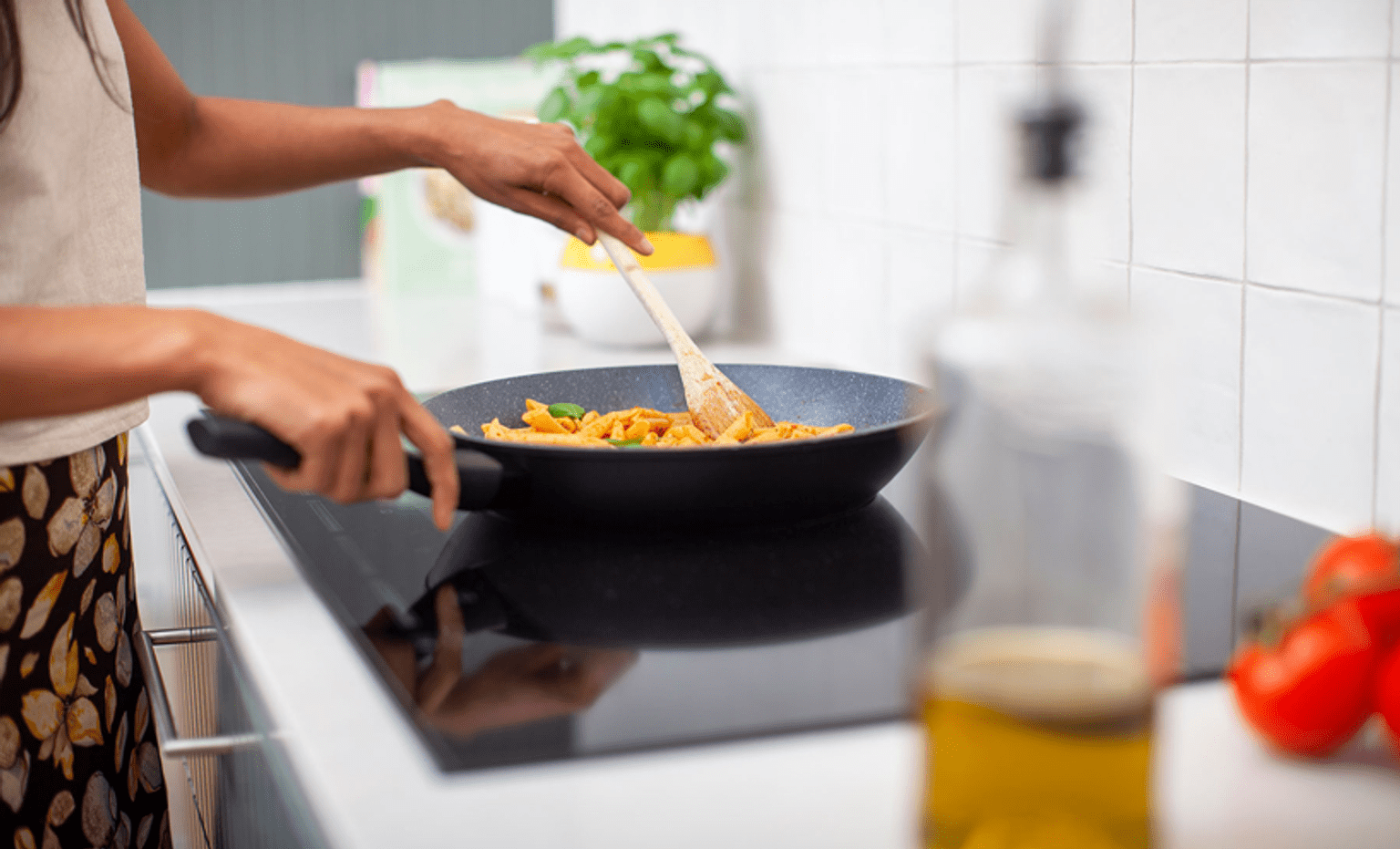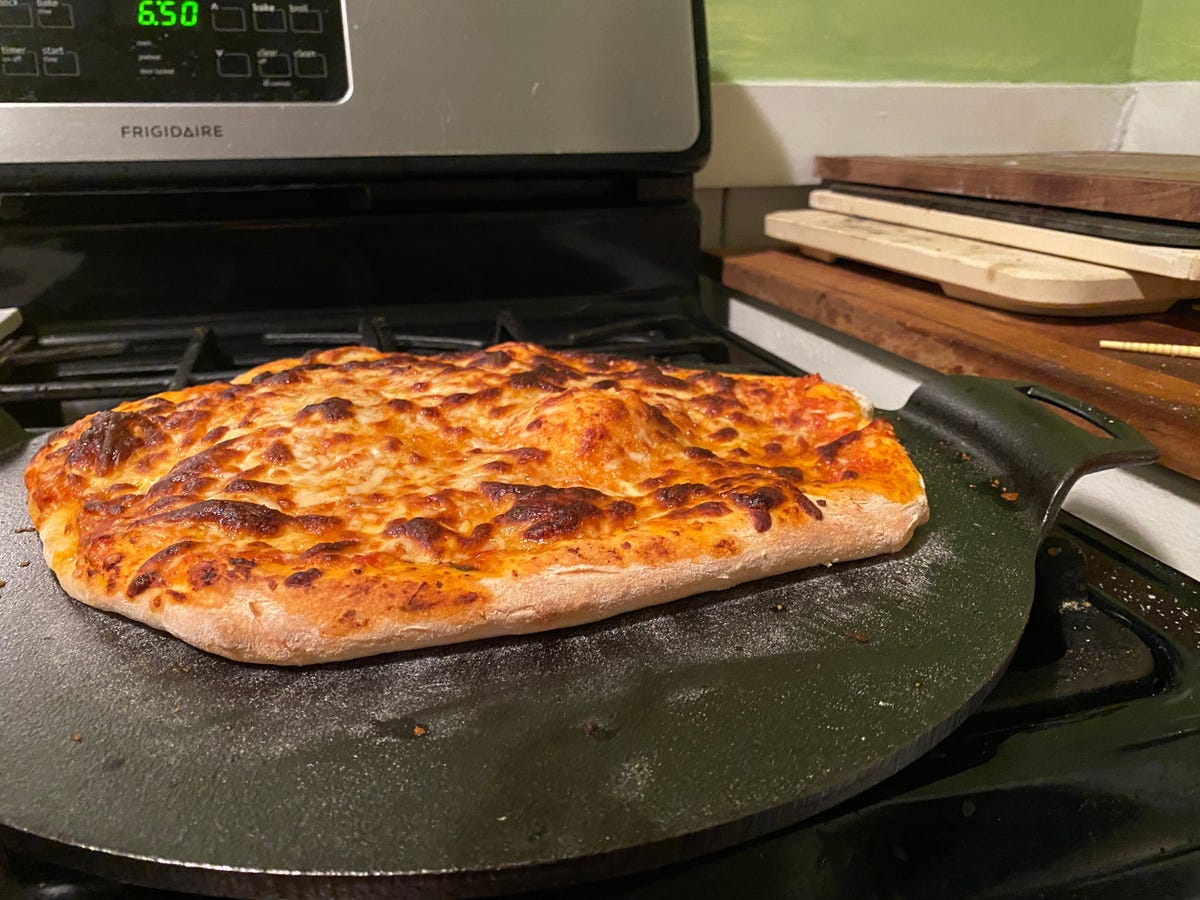In the bustling world of culinary arts, the debate over whether to use nonstick spray or traditional seasoning on cast iron skillets continues to sizzle. For kitchen professionals, understanding the intricacies of these two methods is crucial for maintaining the quality and longevity of their cookware. In this article, we dive deep into the pros and cons of each approach, providing valuable insights for those who work in professional kitchens.

The Importance of Cast Iron Cookware
Cast iron cookware has been a staple in kitchens for generations. Its durability, heat retention, and ability to provide even cooking make it a favorite among chefs and home cooks alike. However, maintaining cast iron requires a proper understanding of seasoning techniques and the cautious use of nonstick sprays.
Understanding Seasoning: The Traditional Method
Seasoning a cast iron skillet involves applying a thin layer of oil to the cookware and heating it to create a protective, nonstick layer. This process not only protects the skillet from rust but also enhances its cooking performance over time. For kitchen professionals, seasoning is a ritual that honors the craftsmanship of modern vs traditional cast iron.
Benefits of Seasoning
- Natural nonstick properties develop over time, making cooking and cleaning easier.
- Seasoning adds flavor to dishes, enhancing the culinary experience.
- It protects the skillet from rust and corrosion.
Challenges of Seasoning
- Seasoning requires regular maintenance, which can be time-consuming.
- Improper seasoning can lead to uneven surfaces and sticking.
- New cast iron pieces need several rounds of seasoning before they achieve optimal performance.
Nonstick Spray: The Modern Convenience
Nonstick sprays offer a quick and easy alternative to traditional seasoning. They are designed to provide instant nonstick properties without the need for extensive preparation. However, their use on cast iron is a topic of debate among kitchen professionals.
Advantages of Nonstick Spray
- Convenience and speed in creating a nonstick surface.
- Ideal for quick tasks and high-volume cooking environments.
- Reduces the need for additional oils or fats during cooking.
Drawbacks of Nonstick Spray
- Build-up of sticky residue over time, affecting cookware performance.
- Potential to damage the natural seasoning layer of cast iron.
- May introduce unwanted chemicals to the cooking surface.
Choosing the Right Method for Your Kitchen
For kitchen professionals, the decision between nonstick spray and seasoning depends on various factors, including cooking style, frequency of use, and personal preference. While seasoning offers a time-honored approach that enhances flavor and cookware longevity, nonstick sprays provide a convenient solution for fast-paced environments.
When considering the best method, it is essential to evaluate the specific needs of your kitchen. For more information on how different types of cookware compare, visit our article on cast iron muffin pan vs cakelet pan.
Maintaining Your Cast Iron Cookware
Regardless of your chosen method, proper maintenance is key to extending the life of your cast iron cookware. Regular cleaning with mild soap, avoiding harsh scrubbing, and ensuring the cookware is thoroughly dried can prevent rust and maintain seasoning.
For those interested in exploring alternative cookware options, consider reading about the enamel coated cast iron, which provides the benefits of cast iron without the need for seasoning.

FAQs
Can nonstick spray ruin the seasoning on cast iron?
Yes, frequent use of nonstick spray can build up residue that damages the seasoning layer on cast iron. It's advisable to use nonstick spray sparingly to maintain the integrity of the natural seasoning.
How often should I season my cast iron skillet?
The frequency of seasoning depends on how often you use and clean your skillet. As a general rule, re-seasoning every few months or as needed when the nonstick properties begin to diminish is recommended.
What oils are best for seasoning cast iron?
Oils with high smoke points, such as flaxseed oil, vegetable oil, or grapeseed oil, are ideal for seasoning cast iron. These oils polymerize effectively to create a durable nonstick surface.
For more creative uses of your cast iron cookware, check out this article on clever uses for muffin tins.
This article contains affiliate links. We may earn a commission at no extra cost to you.






Leave a comment
This site is protected by hCaptcha and the hCaptcha Privacy Policy and Terms of Service apply.